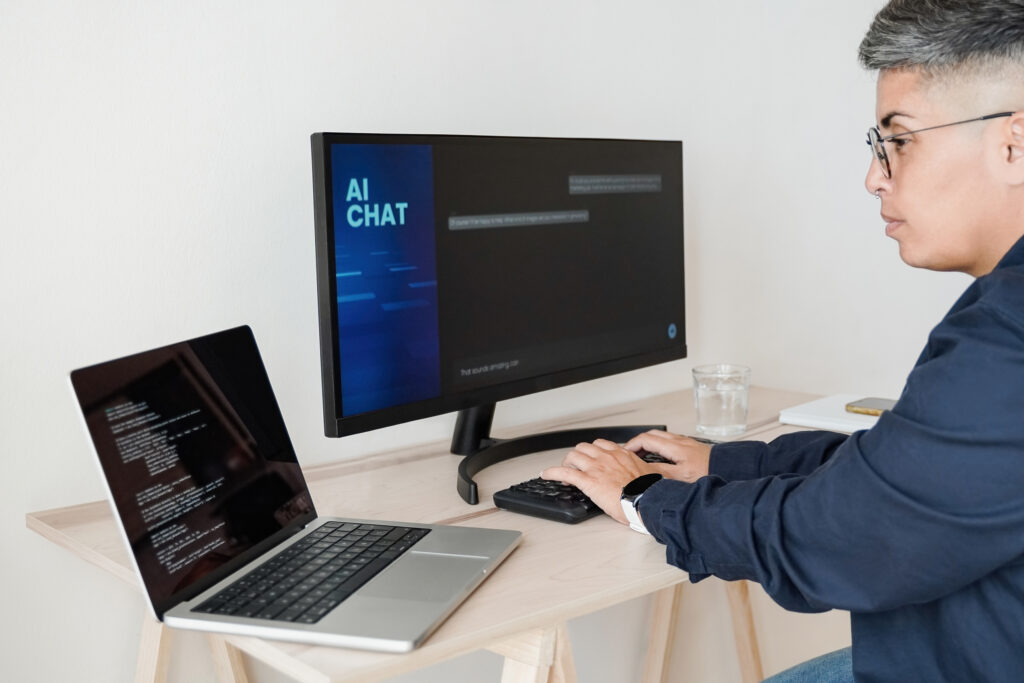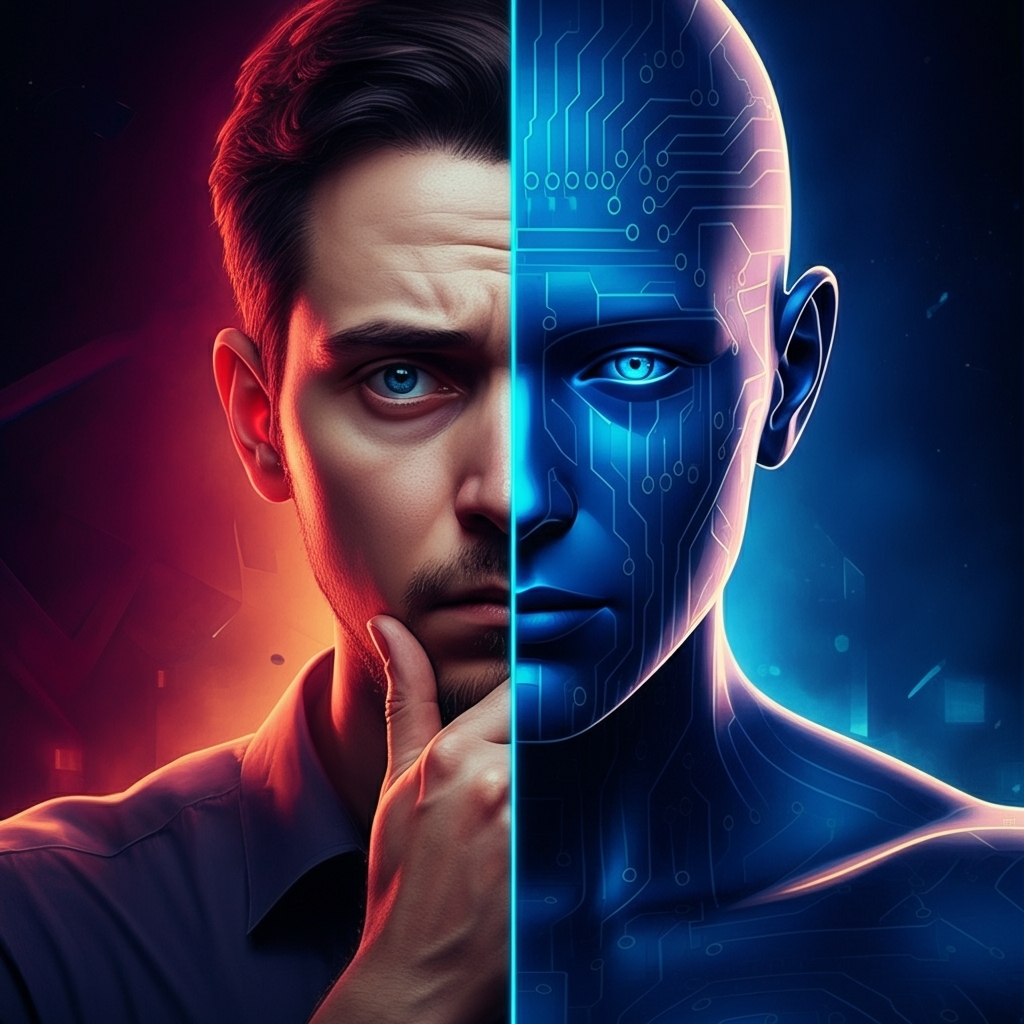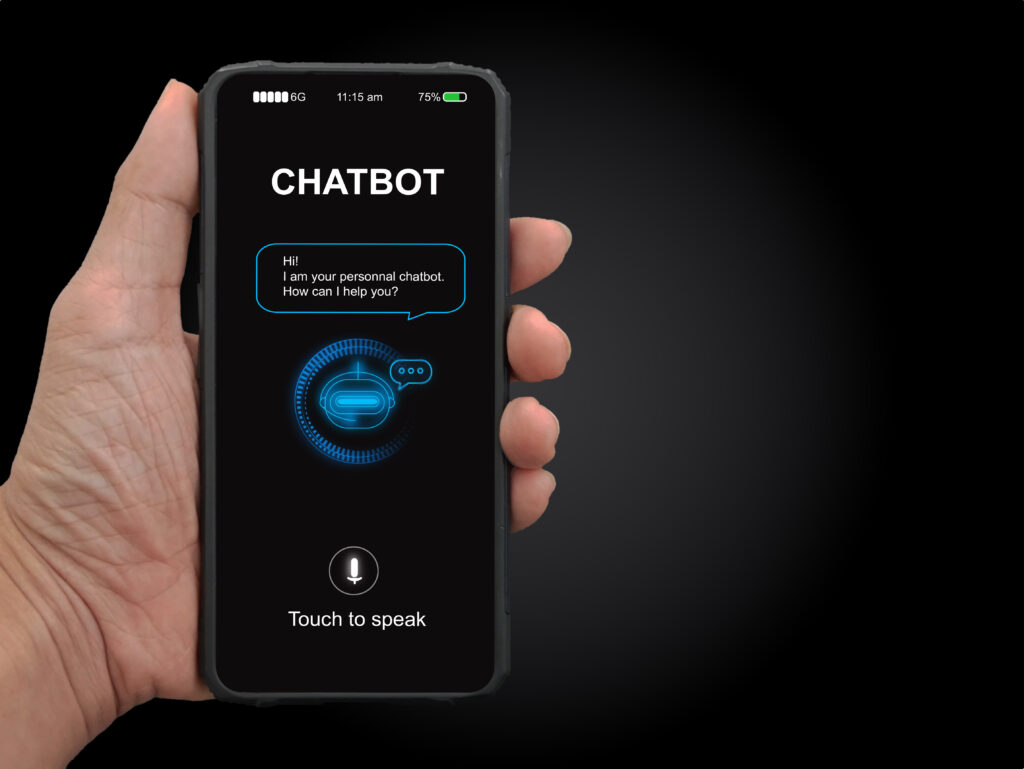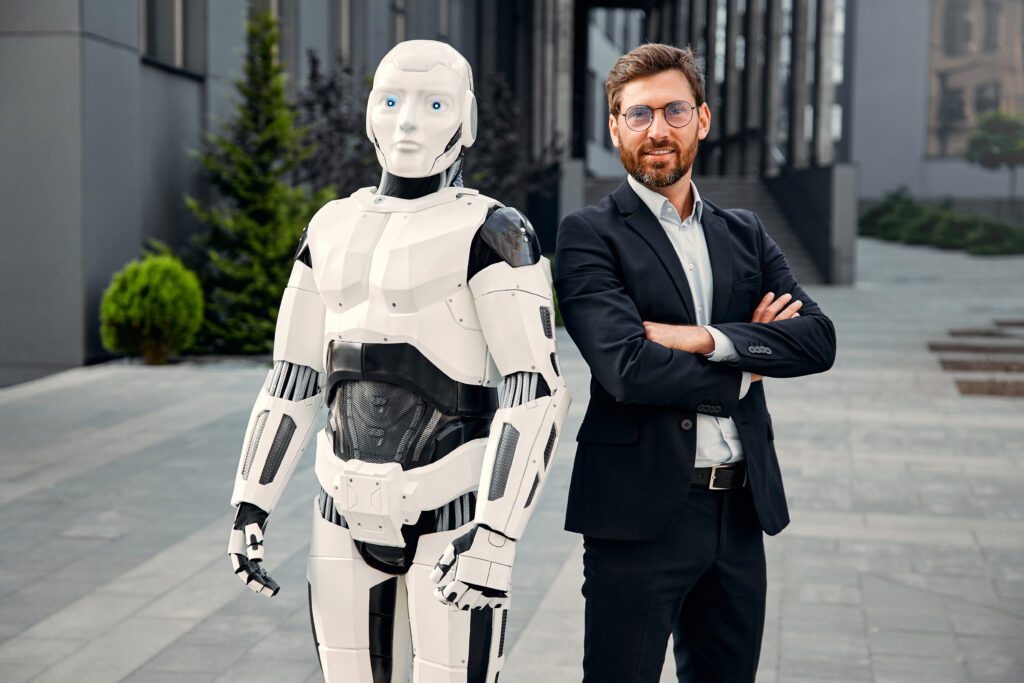Artificial Intelligence—better known as AI—is no longer a futuristic concept. It is part of our lives, shaping everything from how we search on Google to how we shop online. In fact, most of us are already using AI every single day, often without realizing it. Yet, despite its growing presence, many people continue to ignore its deeper potential.
This paradox raises an important question: If AI is everywhere, why are we still slow to learn it at an advanced level—especially when it can change our careers and our future? To answer this, we need to understand how we use AI, the ways it already supports us in daily life, and why people hesitate to move beyond casual use into professional learning. If history has taught us anything, it’s this: whenever a new technology appears, only a small group of people learn it early and benefit the most, while the majority wait until it’s too late.
👉 “Looking for flexible income options? Check out our guide on Work From Home Jobs for Students, Housewives, Beginners, and the Unemployed (No Age Bar) to explore opportunities you can start today.
📌 How We Already Use AI Every Day (Without Realizing It)
Before diving into the hesitation, let’s look at how deeply AI has already blended into our lives.

1. Small Queries and Daily Help
- Google Search: When you type a word, Google predicts your next phrase—that’s AI.
- Voice Assistants: Siri, Alexa, and Google Assistant answer your small queries using AI.
- Autocorrect & Predictive Text: Every time your phone guesses your next word, AI is at work.
2. Entertainment and Media
- Netflix & YouTube: Recommendations are AI-driven, based on your viewing habits.
- Spotify & Music Apps: AI suggests songs you are likely to enjoy.
- Social Media Feeds: TikTok, Instagram, and Facebook all rely on AI to show you “what you want.”
3. Work and Communication
- Email Spam Filters: AI decides what to block and what to show.
- Grammarly & Writing Tools: AI checks grammar, spelling, and style.
- Chatbots: Many businesses now use AI-powered chatbots for instant customer support.
4. Smart Devices
- Face Unlock: Your smartphone uses AI to recognize your face.
- Smart Cars: AI helps in navigation, traffic alerts, and even self-driving technology.
👉 The point is simple: AI in daily life is already a reality. Everyone uses it. But while millions enjoy the convenience of these small features, only a few take the next step: learning AI for career growth.
📌 Why People Ignore Advanced AI (Even While Using It)
So, why do people stop at casual use instead of learning more? There are several reasons.

1. Fear of the Unknown
AI often feels like a mystery. Most people don’t know how it works, so they avoid diving deeper. Just as electricity once scared people, AI now feels “too advanced” for many.
2. Job Loss Anxiety
The moment people hear “AI can do tasks faster,” they imagine mass unemployment. But history shows that technology usually transforms jobs instead of removing them completely.
3. Lack of Trust
- People worry AI might be biased or unfair.
- Privacy concerns create suspicion.
- The “black box” nature of AI (where results appear without clear explanation) reduces trust.
4. Resistance to Change
Humans love routine. Learning a new technology feels like extra effort. This comfort zone makes many people stick to old methods—even when new ones are more efficient.
📌 The Missed Opportunity: History Repeats Itself
Every major technology has faced this pattern:
- Internet (1990s): Only a few learned early. They built websites, e-commerce stores, and global companies. The rest caught up later but missed the big rewards.

- Digital Marketing (2000s): Early learners became experts and dominated the industry. Late learners entered a crowded market.

- Mobile Apps (2010s): Those who learned app development early made millions. Latecomers struggled with competition.

Now, in the 2020s, the same story is happening with AI.
- Some are casually using it.
- A smaller group is learning AI for career growth—prompt engineering, automation, data analysis, machine learning.
- These early learners will grab the opportunities. The rest may wait until it’s too late.
👉 Ignoring AI today is like ignoring the internet in 1995. You may survive, but you’ll miss the revolution.
📌 The Two Levels of AI Use
To understand the difference clearly, let’s break it into two levels:
Level 1: Basic Use (Everyone is Here)

- Asking Siri for directions
- Using Netflix recommendations
- Checking grammar with Grammarly
- Shopping with personalized suggestions
Level 2: Advanced Use (Few Are Here)

- Automating tasks with AI tools
- Building AI-powered apps and chatbots
- Learning data science and machine learning
- Using AI for content creation, analysis, and business strategies
The opportunity is at Level 2. That’s where the future jobs and businesses will grow.
📌 Why Learning AI for Career Is Important
- High Demand: AI skills are among the most in-demand globally.
- Better Pay: AI professionals earn higher salaries than traditional IT roles.
- Business Growth: Entrepreneurs who use AI tools can scale faster.
- Future-Proofing: AI is not a trend; it’s the foundation of tomorrow’s industries.
Ignoring AI now means risking your career tomorrow.
👉 For deeper insights into how AI is shaping industries worldwide, explore Forbes – Artificial Intelligence
📌 The Psychology of Ignoring AI
Understanding the human side helps explain why many still avoid AI:
- Comfort Zone: “What I know is enough.”
- Fear of Complexity: “It’s too technical for me.”
- Media Influence: Movies and news often paint AI as dangerous.
- Waiting for Others: Many wait until technology becomes “mainstream” before learning it—but by then, the best opportunities are gone.
📌 How to Start Learning AI (Practical Steps)
You don’t need to be a programmer to start learning AI. Here’s how anyone can begin:
- Use AI Tools Consciously: Instead of only using ChatGPT for fun, try using it for learning, content creation, or productivity.
- Take Beginner-Friendly Courses: Platforms like Coursera, Udemy, and YouTube offer simple introductions.
- Learn AI for Your Field:
- Students can use AI for research.
- Business owners can use AI for marketing and customer service.
- Professionals can use AI for automation.
4. Join Communities: AI forums, LinkedIn groups, and online discussions help you stay updated.
👉 The goal is not just to “use AI,” but to understand it enough to grow your career with it.
📌 The Future of AI: What Happens If You Ignore It?
The future of AI is not about robots replacing humans. It’s about humans working with AI.
- AI will handle repetitive tasks.
- Humans will focus on creativity, problem-solving, and leadership.
- Those who know how to use AI will have an advantage in every industry.
If you ignore AI today, you may find yourself in the same position as those who ignored computers or the internet in the past—struggling to catch up while others move ahead.
📌 Conclusion: Don’t Be Left Behind
AI is not coming. AI is already here. We are using it every day in small queries, entertainment, communication, and work. Yet, too many people stop at casual use instead of learning AI for career and future opportunities.
History has shown this pattern again and again: only a few early learners benefit, while the majority wait until the last moment and miss out. The choice is simple—continue ignoring AI, or start learning and prepare for the future.
👉 The future doesn’t belong to those who ignore AI. It belongs to those who embrace AI.
It is very strange when you think about it: humans created AI, yet humans are afraid of AI. We built something powerful, something that can simplify our lives, boost our productivity, and even solve problems we never imagined. And yet, many hesitate to learn it, to trust it, or to explore its full potential. Instead of fearing what we built, we should take responsibility for understanding it, mastering it, and using it wisely.
History shows that fear and hesitation have always held people back from progress. Those who dare to explore new technologies early—whether it was the internet, smartphones, or digital marketing—are the ones who shape the future. AI is no different. By learning AI today, you are not just keeping up with the world—you are positioning yourself to lead in it.
The challenge is simple: don’t let fear stop you. Don’t let hesitation steal opportunities that could change your career, your business, or your life. Embrace AI, learn its possibilities, and use it to your advantage. The future belongs to the curious, the brave, and the proactive—not those who wait until the last moment.
Remember: AI is a tool created by humans. Its true power lies in our hands. And those who understand this will not only survive the AI revolution—they will thrive in it.
Frequently Asked Questions (FAQs)
1. What is AI and why is it important today?
AI, or Artificial Intelligence, refers to technology that can perform tasks requiring human intelligence, such as learning, reasoning, and problem-solving. It is important today because it is embedded in our daily lives—from apps and online shopping to workplace tools—and is shaping the future of work and innovation.
2. How do we use AI in daily life without realizing it?
Many people interact with AI daily through virtual assistants, recommendation systems on streaming platforms, chatbots, navigation apps, and email filters. AI quietly optimizes these tools, making life easier, faster, and more personalized.
3. Why do people still ignore AI despite its widespread use?
People often ignore AI because they perceive it as complex, fear job disruption, or don’t understand its potential beyond basic applications. Lack of awareness and formal education on AI also contribute to hesitation.
4. How can learning AI benefit my career?
Learning AI opens opportunities in high-demand fields such as data analysis, automation, machine learning, and software development. Early learners often gain a competitive edge, higher salaries, and career stability in industries increasingly powered by AI.
5. Is AI going to replace human jobs entirely?
AI is more likely to augment human work than replace it completely. While some repetitive tasks may be automated, AI creates new jobs and opportunities that require human creativity, decision-making, and emotional intelligence.
6. What are some beginner-friendly ways to start learning AI?
Beginner-friendly methods include online courses, tutorials, coding bootcamps, AI-focused YouTube channels, and experimenting with AI tools like chatbots, AI image generators, or virtual assistants to gain hands-on experience.
7. How is AI shaping the future of technology and business?
AI is transforming industries by automating processes, improving efficiency, personalizing customer experiences, and enabling advanced analytics. Businesses that adopt AI early often gain strategic advantages over competitors.
8. What are common misconceptions about AI?
Common misconceptions include thinking AI is sentient or conscious, that it will immediately take over jobs, or that it is only for tech experts. In reality, AI is a set of tools that can be learned and used by anyone.
9. Why is early adoption of AI knowledge important?
History shows that early adopters of new technology gain significant advantages. Learning AI now can position you as a valuable professional, increase your career options, and prepare you for an AI-driven world.
10. How can AI impact everyday decision-making?
AI can analyze large amounts of data quickly, offering insights that help with decisions in health, finance, education, and personal life. By leveraging AI tools, we can make more informed, efficient, and data-driven choices.
🌟 Best wishes from 🖊️ Syed Khaleelulla — may learning AI today open doors to your future success and exciting opportunities!

